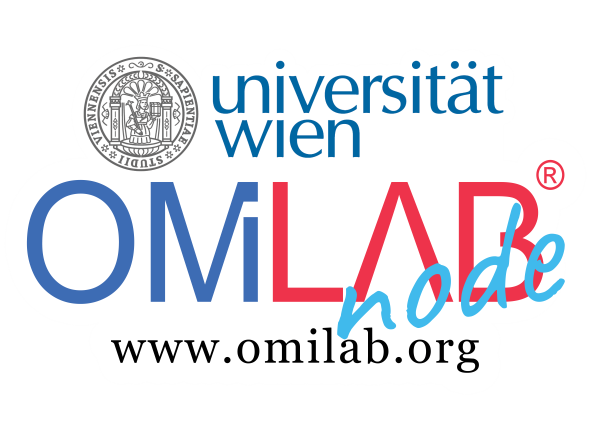Conceptual Modelling for Smart Cities: A Teaching Case
Dominik Bork and Hans-Georg Fill and Dimitris Karagiannis and Elena-Teodora Miron and Nikolaos Tantouris and Michael Walch
The continuous urbanization forces city planners to be more creative and supported by approaches that enable an abstract perspective on the complex reality. Metropolitan cities have concrete plans to transform districts or the whole city towards a ‘Smart City’. Emerging technologies and the need to process data of millions of sensors raise challenges for city planners. This paper reports on experiences gained from a Smart City conceptual modelling teaching case we presented at the Next-Generation Enterprise Modelling Summer School. The case is subdivided into three scenarios, each focusing on different ways conceptual modelling can contribute in designing a Smart City or leveraging additional services for its citizens. The scenarios complement a theoretical perspective on conceptual modelling foundations by a practical perspective on their tool-based realization. The aim of the paper is to report on opportunities and challenges of teaching conceptual modelling in a Smart City.
Links
Cite as
Conceptual Modelling for Smart Cities: A Teaching Case. In: Interaction Design and Architecture(s), no. 27, pp. 10–28, 2015.
BibTeX (Download)
@article{bork_conceptual_2015,
title = {Conceptual Modelling for Smart Cities: A Teaching Case},
author = {Dominik Bork and Hans-Georg Fill and Dimitris Karagiannis and Elena-Teodora Miron and Nikolaos Tantouris and Michael Walch},
url = {https://eprints.cs.univie.ac.at/4621/},
year = {2015},
date = {2015-12-01},
journal = {Interaction Design and Architecture(s)},
number = {27},
pages = {10–28},
abstract = {The continuous urbanization forces city planners to be more creative and supported by approaches that enable an abstract perspective on the complex reality. Metropolitan cities have concrete plans to transform districts or the whole city towards a ‘Smart City’. Emerging technologies and the need to process data of millions of sensors raise challenges for city planners. This paper reports on experiences gained from a Smart City conceptual modelling teaching case we presented at the Next-Generation Enterprise Modelling Summer School. The case is subdivided into three scenarios, each focusing on different ways conceptual modelling can contribute in designing a Smart City or leveraging additional services for its citizens. The scenarios complement a theoretical perspective on conceptual modelling foundations by a practical perspective on their tool-based realization. The aim of the paper is to report on opportunities and challenges of teaching conceptual modelling in a Smart City.},
keywords = {},
pubstate = {published},
tppubtype = {article}
}
